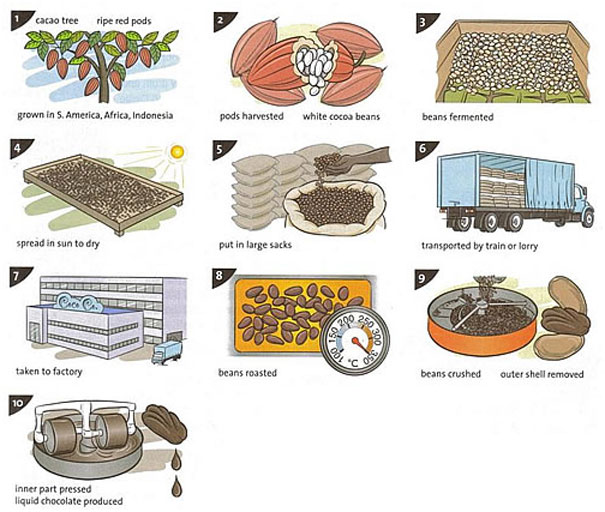- Home
- IELTS Grammar
- Sentence Clauses
Sentence Clauses
In this grammar lesson we'll look at sentence clauses.
As you will see from the IELTS writing band descriptors (which are used to grade you) you need to be able to write complex sentences and structures in order to score higher for your grammatical range - and write them correctly so you don't get marked down on your accuracy!
The building blocks of sentences are 'clauses' though, so the first step is understanding these. For example, a band 4 makes only "rare" use of subordinate clauses according to the public band descriptors.
This implies you must be making good use of subordinating clauses to get a higher score, so you need to know first what sentence clauses are.
What is a clause in a sentence?
A clause is a group of words with a (s) subject and a (v) verb.
For example:
(s) Computers (v) are important.
= 1 sentence with 1 clause.
We can have two clauses though i.e. two groups of words with a subject and a verb:
Computers are important, but they are dangerous too.
= 1 sentence with 2 clauses.
How about three sentence clauses?
Computers are important, but they can be dangerous too, so we must be careful.
= 1 sentence with 3 clauses.
Now let's add a fourth!
Computers are important, but they can be dangerous too, so we must be careful when we use them.
= 1 sentence with 4 clauses.
You'll have noticed then that a sentence is not the same thing as a clause.
A sentence is the group of words that comes between two full-stops and it must be a complete thought that makes sense. So sentence clauses are what build a sentence, and one sentence can have a number of clauses.
What if there is no subject and verb?
It's important to know the difference between phrases and clauses. If there is no subject or verb in part of the sentence, then this may be a phrase.
For example:
(p) In many countries around the world, flooding is becoming more common.
A phrase is a group of words without a subject and verb (a phrase on its own obviously cannot be a sentence because every sentence has a subject and a verb!).
You should now know the difference between a sentence, a clause and a phrase.
Time to practice!
Sentence Clauses Practice
Identifying Clauses
Instructions
Look at the sentences with clauses below and put a check in the correct box to say how many clauses each sentence has. Look carefully for the subjects and verbs. This will help you identify the clauses.
2
3
4
2
3
4
2
3
4
2
3
4
2
3
4
2
3
4
2
3
4
2
3
4
2
3
4
2
3
4
Comments
Any comments or questions about this page or about IELTS? Post them here. Your email will not be published or shared.
Band 7+ eBooks
"I think these eBooks are FANTASTIC!!! I know that's not academic language, but it's the truth!"
Linda, from Italy, Scored Band 7.5












